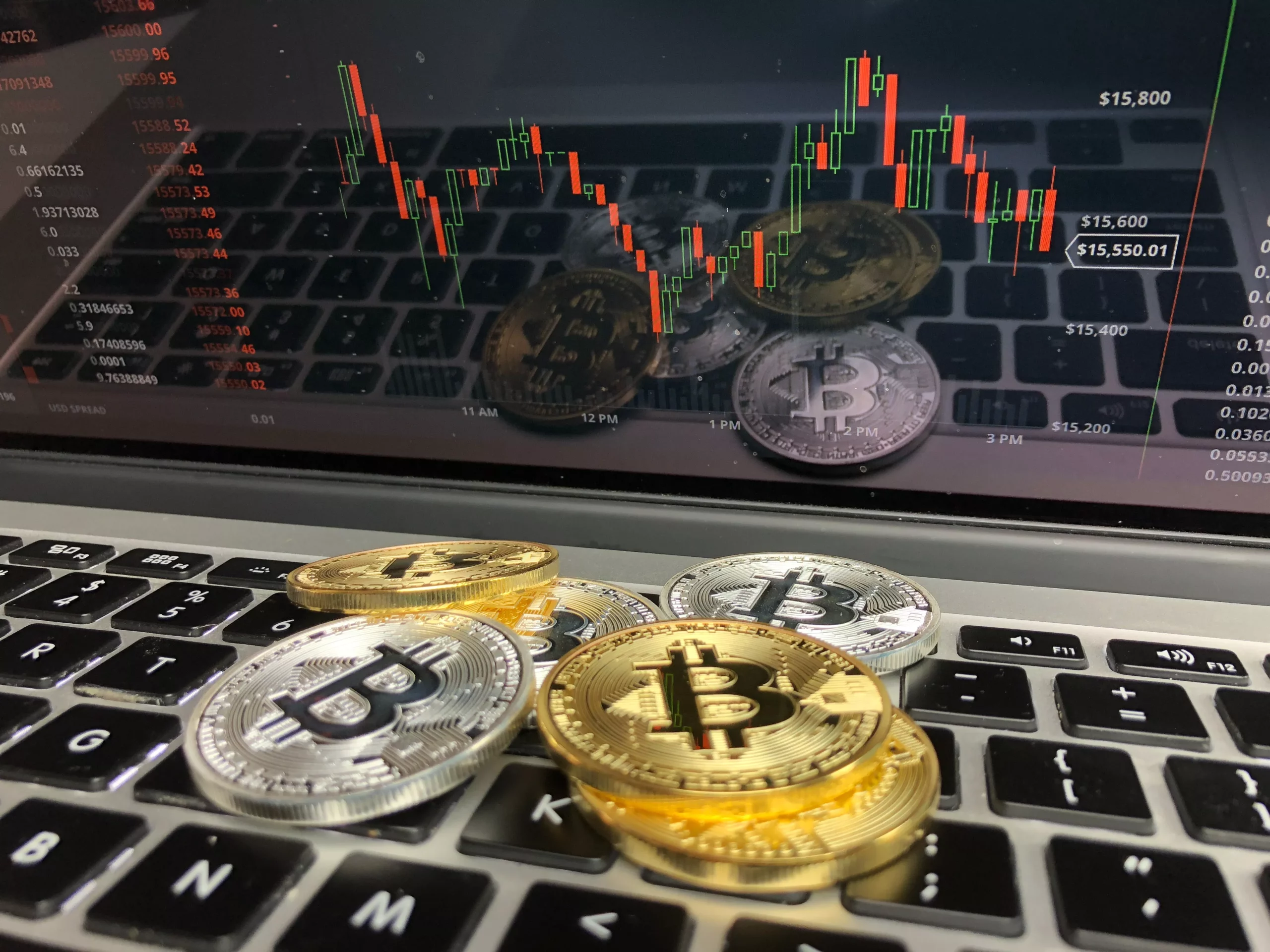The US dollar (USD) holds a prominent position in the global financial system. As the most traded currency in the world, it dominates international trade, finance, and investments. This article delves into the key reasons behind the USD’s supremacy, exploring the historical, economic, and strategic factors that contribute to its unparalleled status.
1. Historical Dominance
The Bretton Woods System
The USD’s dominance can be traced back to the Bretton Woods Conference in 1944, where the foundation for the post-World War II international monetary system was laid. Under this system, the USD was pegged to gold, and other currencies were pegged to the USD. This established the USD as the world’s primary reserve currency, a status that has persisted even after the collapse of the Bretton Woods system in 1971.
Post-War Economic Leadership
Following World War II, the United States emerged as the world’s leading economic power. The country’s robust industrial base, technological advancements, and political stability positioned it as the central hub of global economic activities. This economic leadership reinforced the USD’s role as the preferred currency for international transactions.
2. Economic Stability and Strength
Large and Stable Economy
The United States boasts the largest economy in the world, with a GDP that far surpasses other nations. This economic strength provides a stable foundation for the USD, making it a reliable store of value and medium of exchange.
Sound Monetary Policy
The Federal Reserve, the central bank of the United States, plays a crucial role in maintaining the stability of the USD. Through effective monetary policy, including managing interest rates and controlling inflation, the Federal Reserve ensures that the USD remains a dependable currency.
See Also: 5 Places To Exchange Dollars In Buenos Aires
3. Safe-Haven Status
Political Stability
Political stability is a key factor that contributes to the USD’s status as a safe-haven currency. The United States has a long-standing democratic system with a stable government, which instills confidence in investors and businesses worldwide.
Economic Resilience
The resilience of the US economy in the face of global financial crises further reinforces the USD’s safe-haven status. During periods of economic uncertainty, investors flock to the USD as a secure asset, driving up its demand and reinforcing its position as the world’s most traded currency.
4. Extensive Use in International Trade
Dominance in Global Trade
The USD is widely used in international trade, serving as the primary currency for invoicing and settling transactions. Major commodities, including oil, gold, and agricultural products, are priced in USD, making it essential for global trade.
Role in Emerging Markets
In many emerging markets, the USD is preferred for trade and investment due to its stability and liquidity. Businesses in these regions often use the USD to mitigate risks associated with local currency fluctuations, further boosting its global demand.
5. Reserve Currency of Choice
Central Bank Reserves
Central banks around the world hold a significant portion of their foreign exchange reserves in USD. This preference is driven by the USD’s stability, liquidity, and widespread acceptance. As a result, the USD accounts for the largest share of global reserves, reinforcing its position as the dominant currency.
Confidence in US Financial System
The strength and reliability of the US financial system underpin the global confidence in the USD. The deep and liquid US bond market, coupled with the credibility of US financial institutions, makes the USD an attractive reserve asset for central banks.
6. Influence of US Financial Markets
Leading Financial Hub
The United States is home to the world’s largest and most influential financial markets, including the New York Stock Exchange (NYSE) and NASDAQ. These markets attract international investors and businesses, driving demand for the USD.
Extensive Financial Instruments
The USD is integral to a wide range of financial instruments, including stocks, bonds, derivatives, and commodities. The extensive use of the USD in global financial markets ensures its continued dominance in international transactions.
7. Network Effects and Liquidity
Widespread Acceptance
The USD’s widespread acceptance creates a network effect, where its usage by a large number of participants enhances its value and liquidity. Businesses, investors, and governments prefer the USD due to its extensive acceptance and ease of use in global transactions.
High Liquidity
The high liquidity of the USD ensures that it can be easily bought and sold in large quantities without significantly impacting its value. This liquidity is crucial for facilitating international trade and investment, making the USD the preferred currency for global transactions.
Conclusion
The US dollar’s status as the most traded currency in the world is the result of acombination of historical factors, economic strength, and strategic advantages. From its origins in the Bretton Woods system to its role in international trade and finance, the USD has consistently demonstrated stability, reliability, and liquidity. These attributes, coupled with the United States’ economic and political leadership, ensure that the USD will continue to dominate global currency markets for the foreseeable future.
Related topics:


























